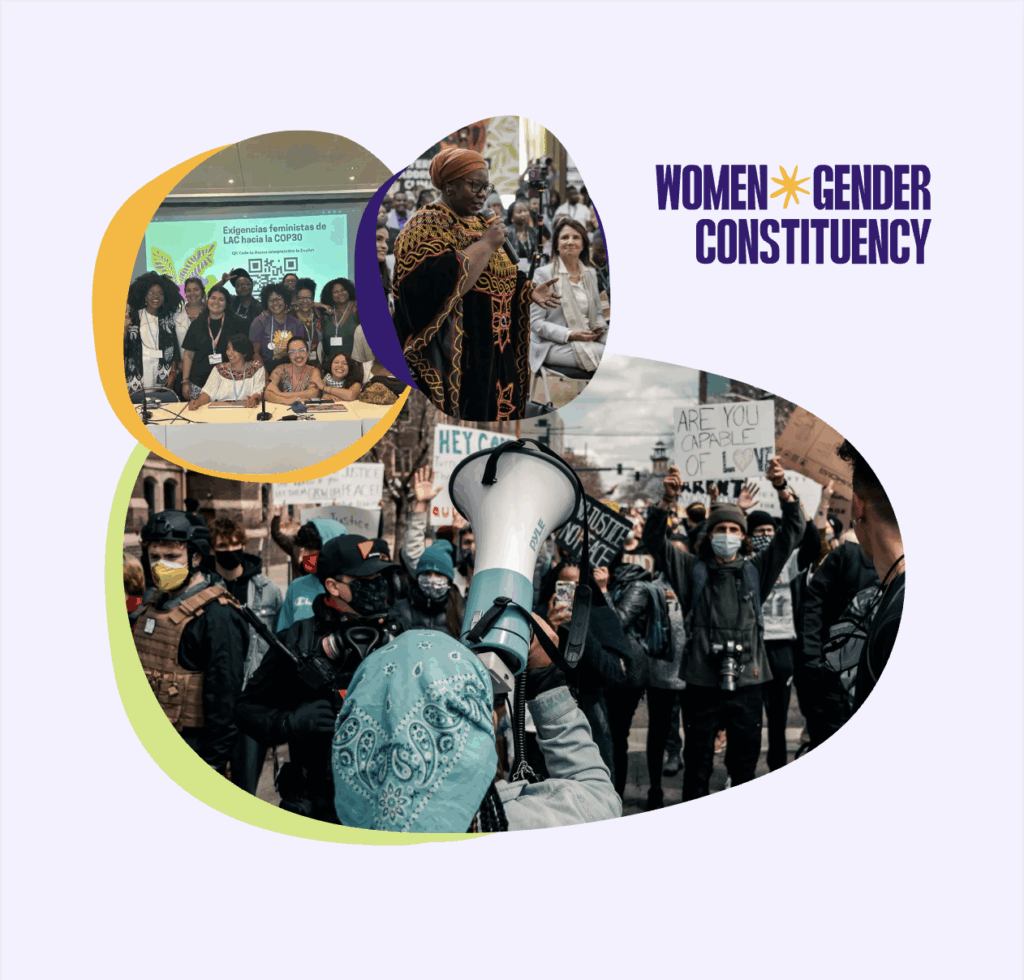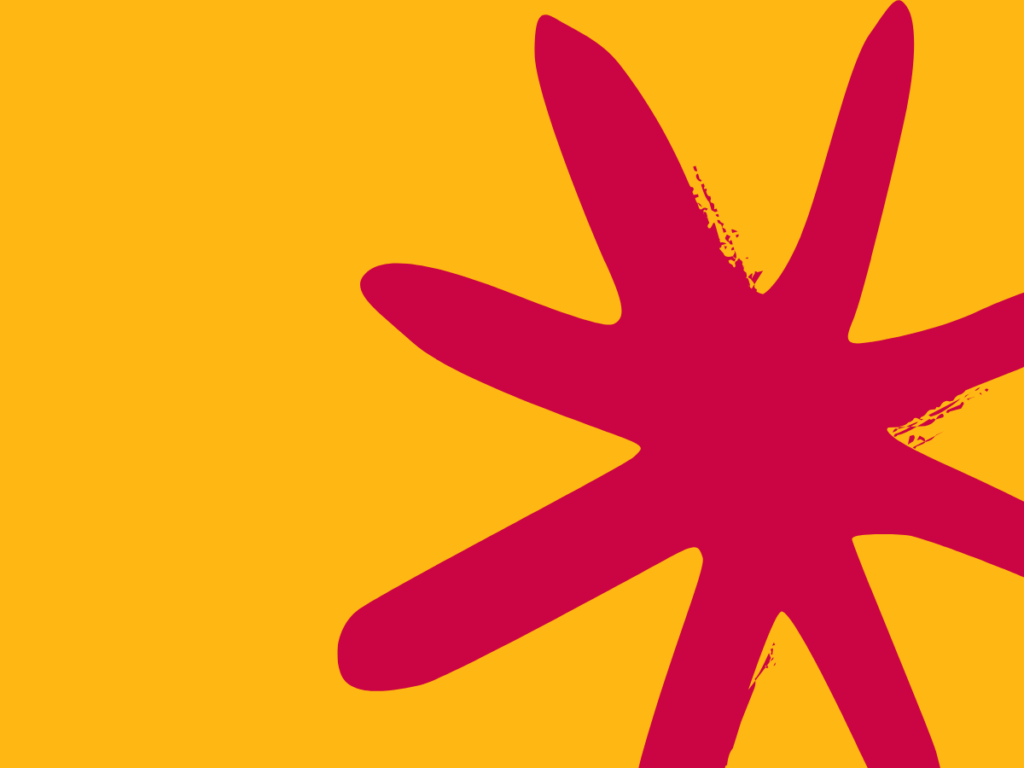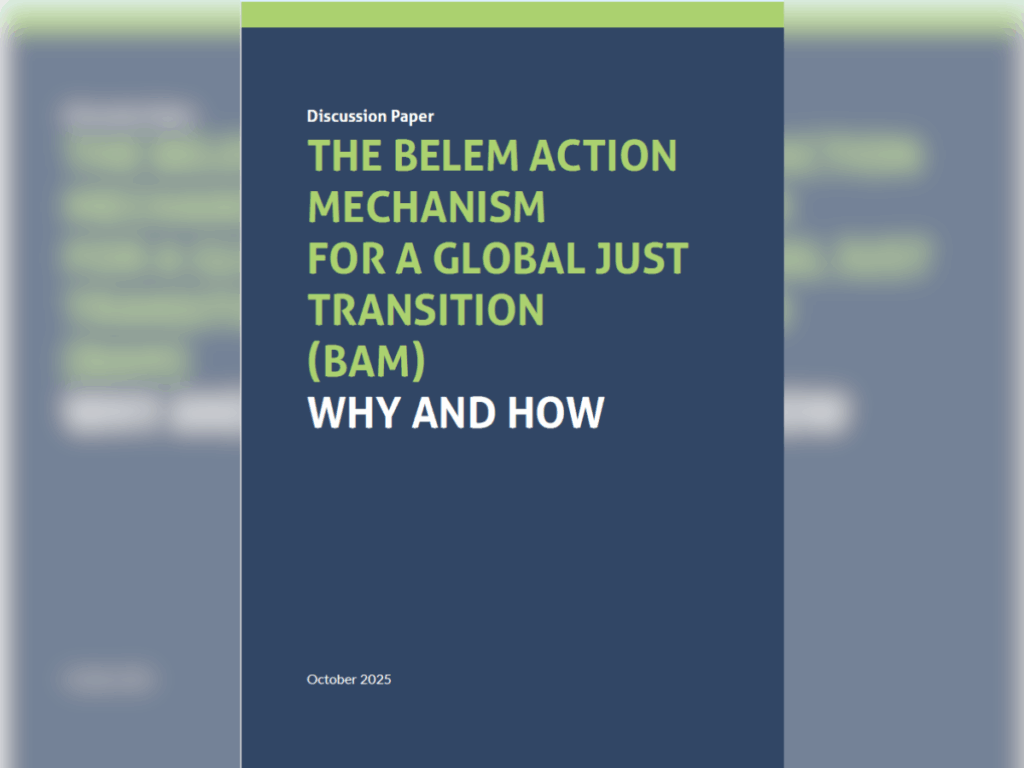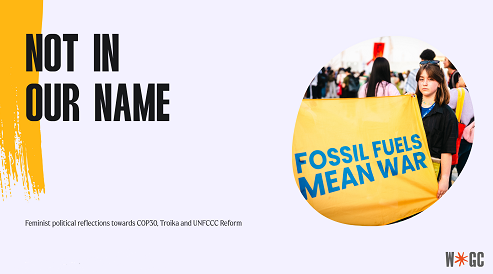
Issue Brief: Loss and Damage

Background
The latest report from the Intergovernmental Panel on Climate Change (IPCC) confirms the obvious: climate change is already affecting every region on Earth, and its impacts will only increase in coming decades. With 1.5°C of global warming, there will be more heat waves, longer warm seasons and shorter cold seasons. At 2°C of global warming, heat extremes would more frequently reach critical tolerance thresholds for agriculture and health. UN Secretary General Antonio Guterres described the report as a “code red for humanity.”
With the current global average temperature now at around 1°C above pre-industrial levels, frontline individuals and communities, in developing countries and in particular those who are most marginalized, already face intolerable devastation, hardships and human rights harm from climate change impacts, amidst other intersecting crises including the COVID-19 pandemic. It is therefore critical and urgent for vulnerable countries and communities to adapt to climate change impacts. But while being prepared for changes in climate and extreme weather events can help reduce the impacts on people’s lives and livelihoods, the intensity and gravity of sudden onset disasters and slow onset events such as sea-level rise and droughts are exceeding people’s ability to adapt.
The IPCC recognizes that there are limits to adaptation, especially where climate change impacts are so severe that countries and communities will simply be unable to adapt. Loss and damage is now part of the reality of climate change that must be addressed. There is no internationally agreed-upon definition of loss and damage from climate change, but there is an emerging understanding that loss and damage relates to those impacts that cannot be avoided through mitigation and adaptation efforts. Loss is often understood as irreversible (e.g., loss of lives, species or habitats), while damages can be repaired (such as roads, embankments etc.) Populations are experiencing both economic and non-economic losses (cultural heritage, indigenous/local knowledge, biodiversity, etc.), and these require resources to repair, rebuild and rehabilitate.

